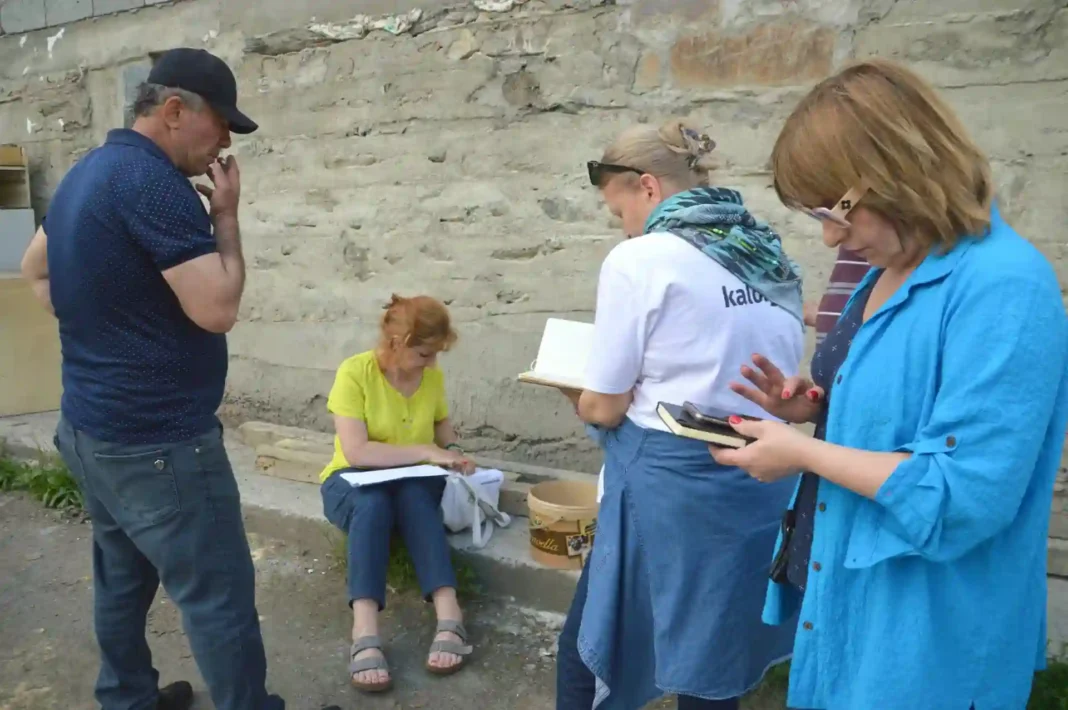The representative of the scientific research center held a scientific expedition in the Samegrelo-Zemo Svaneti of Georgia. This expedition was aimed to collect traditional varieties of agro-crops.
During the expedition the samples of old, local varieties of beans, corn, wheat, barley, millet, chickpeas, peas, and potatoes were collected from the locals’ homesteads. The potato samples were transferred to the Center for Plant Microclonal (in vitro) and Virus-Free Planting Material Research laboratory for further research and conservation. Here the grain seed samples after appropriate processing will be stored in the Plant Genetic Resources Bank.
It is to be specifically mentioned that the expedition was held within the framework of the project named “Maintaining traditional varieties adapted to climate change in farms and strengthening in-situ/on-farm and ex-situ growth of the agri products. The United Nations Food and Agriculture Organization (FAO) is funding the initiative.
It is also worth noting that the main goal of the project is to study the current stock of collections of target crops in Georgia and enrich the collection of the plant genetic bank. The project further aimed to take back the genetic resources of target crops that were taken out of Georgia at different times and placed in foreign gene banks. This move will help to organize the collected genetic resources.
Speaking specifically on the occasion Tamar Jinjikhadze, head of the Department of Planning and Economic Analysis of Standards Certification of the Agricultural Scientific Research Center added that “During the expedition we have held many interesting meetings where local residents share information about old, unique varieties, their healing properties and traditions, now we will have the deep scientific research on these collected varitiess as well.”
The representative of the agriculture ministry added that the samples would be collected in 8 regions of Georgia within the framework of the current project funded by the UN Food and Agriculture Organization so that more climate-resistant varieties can be developed out of current varieties of the seeds.



